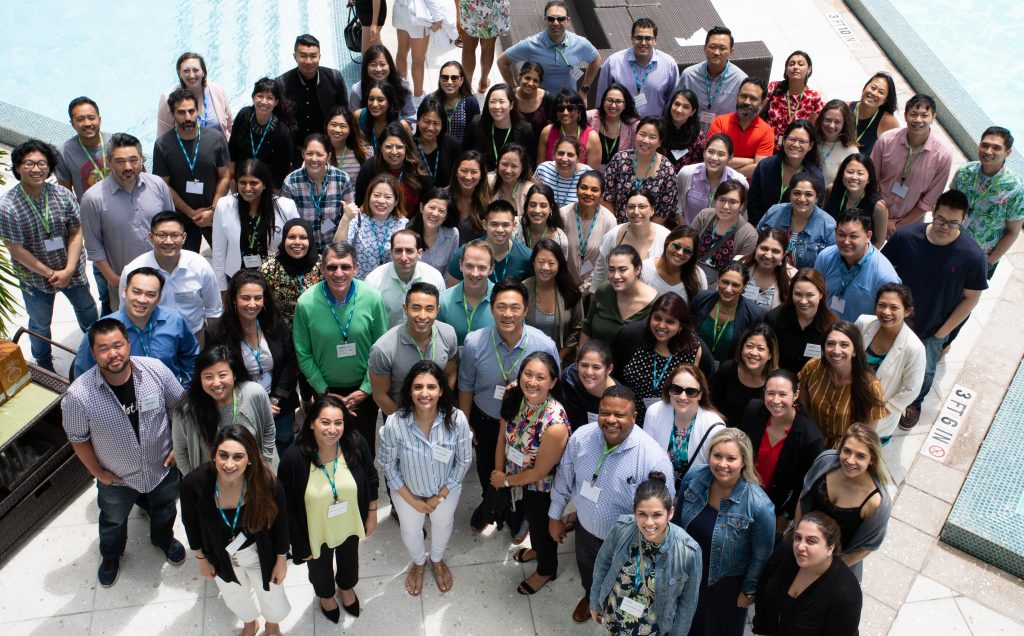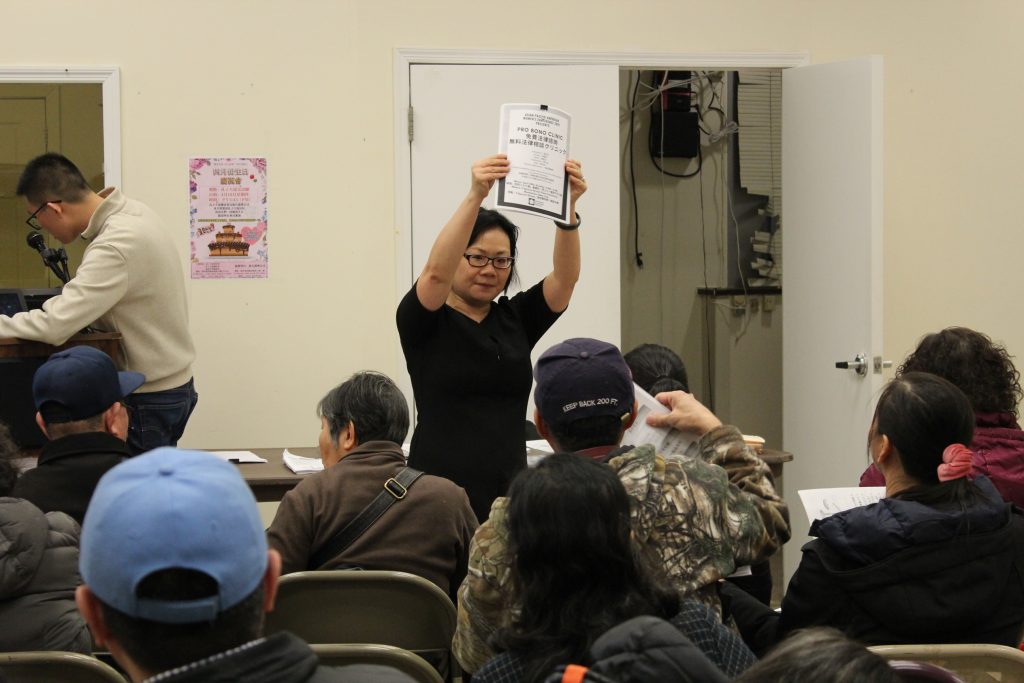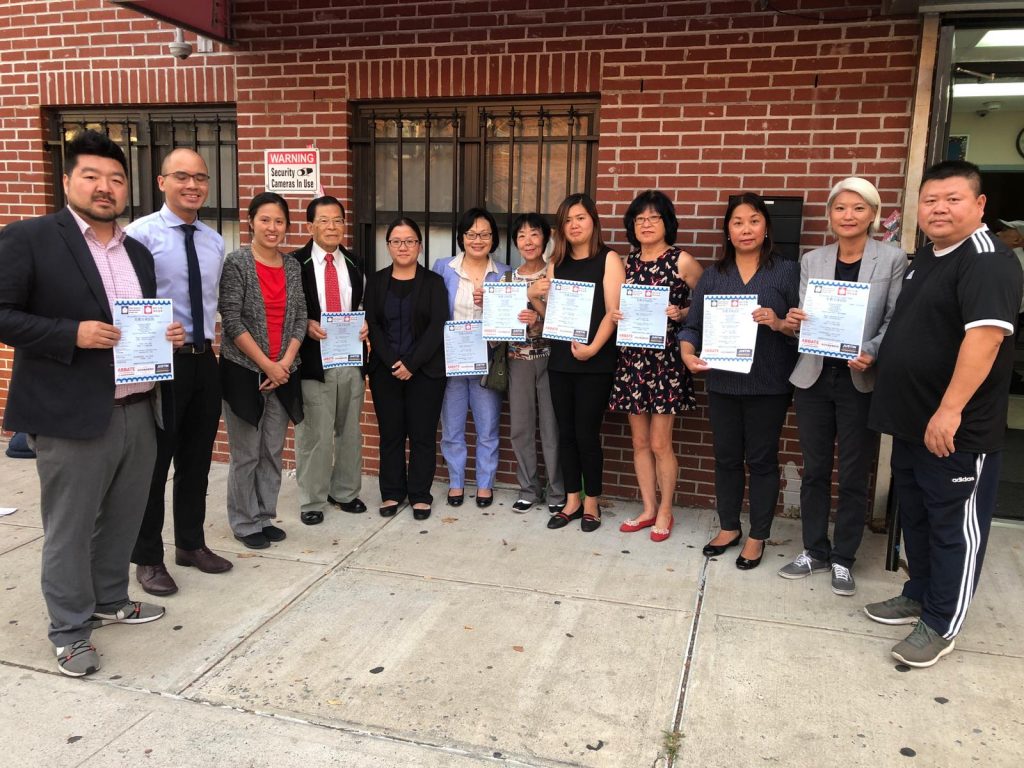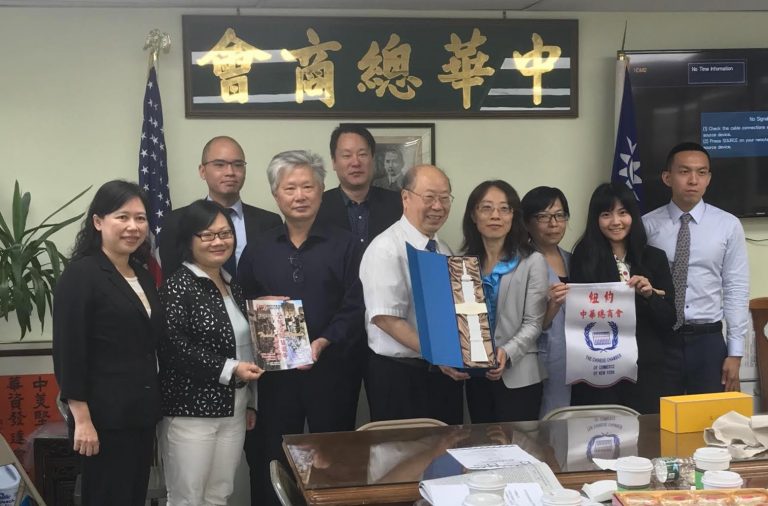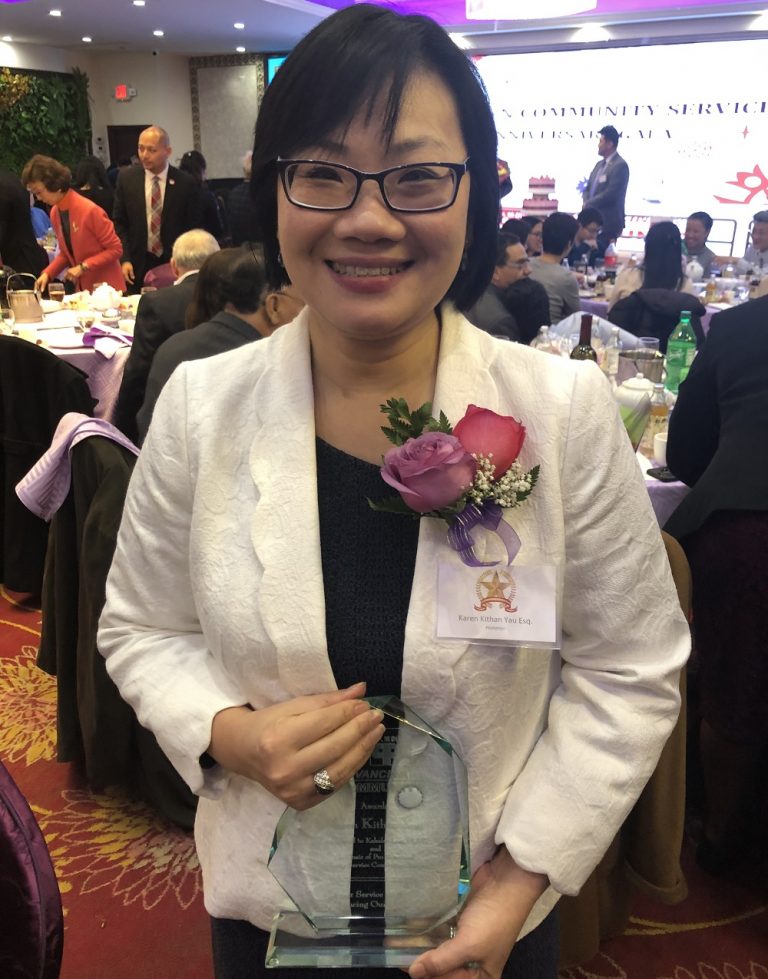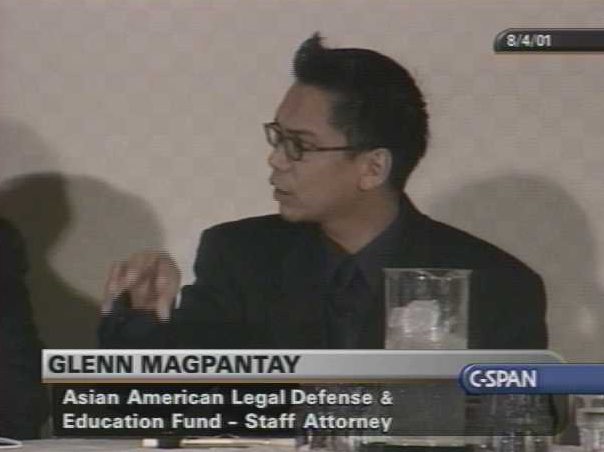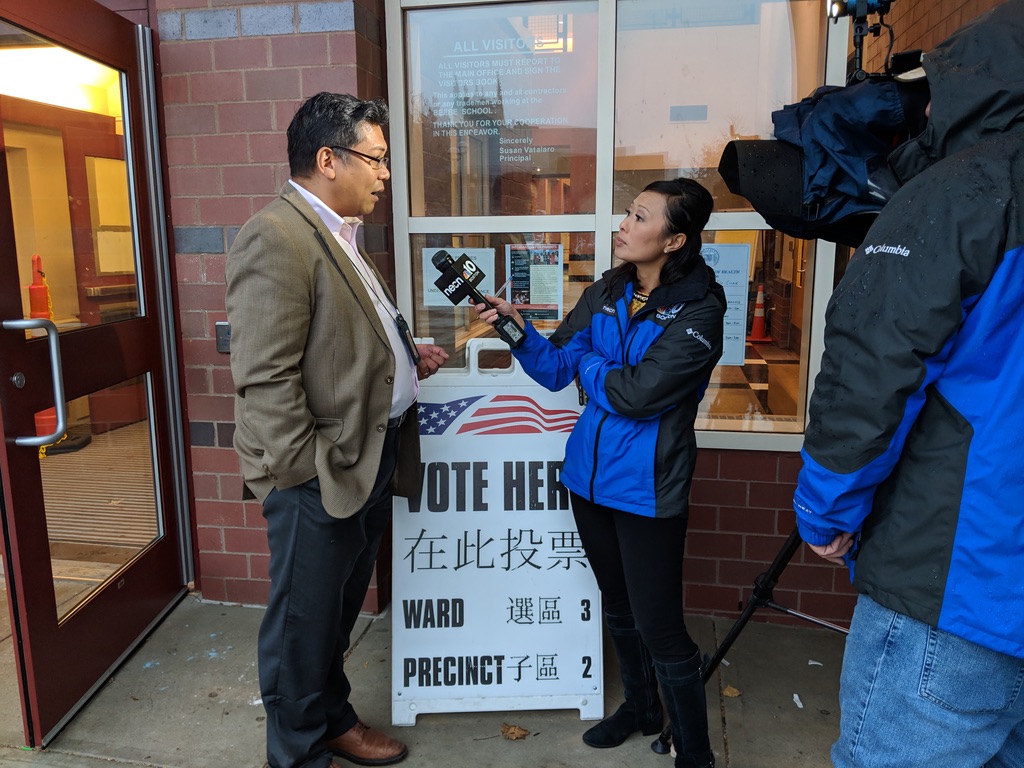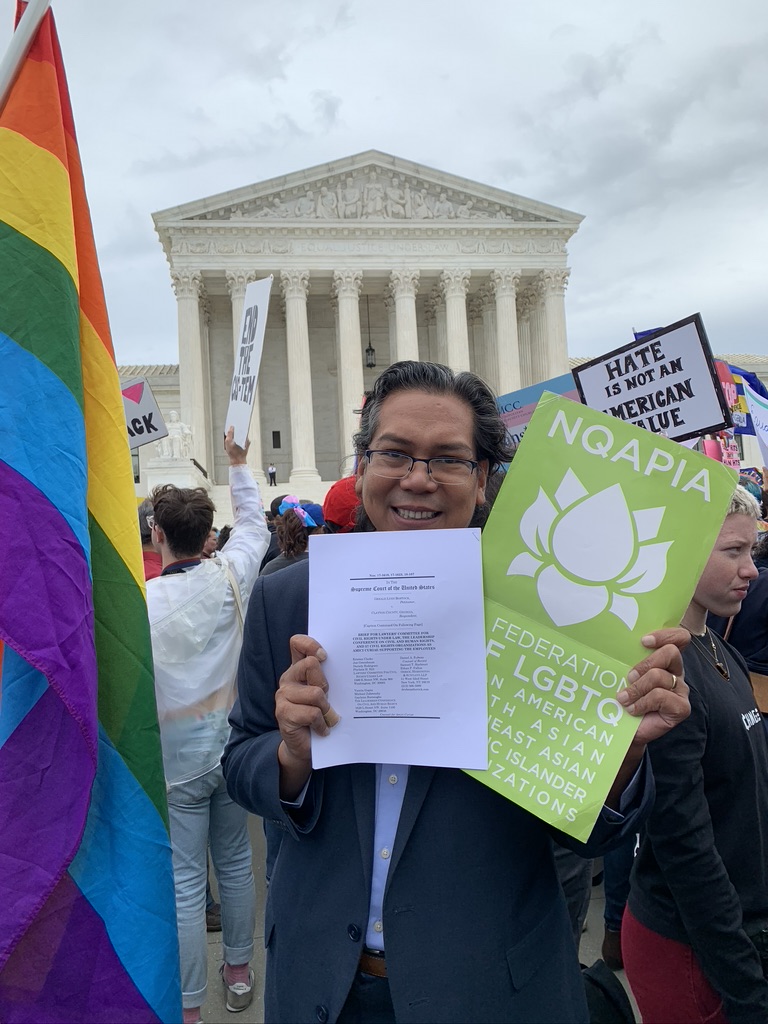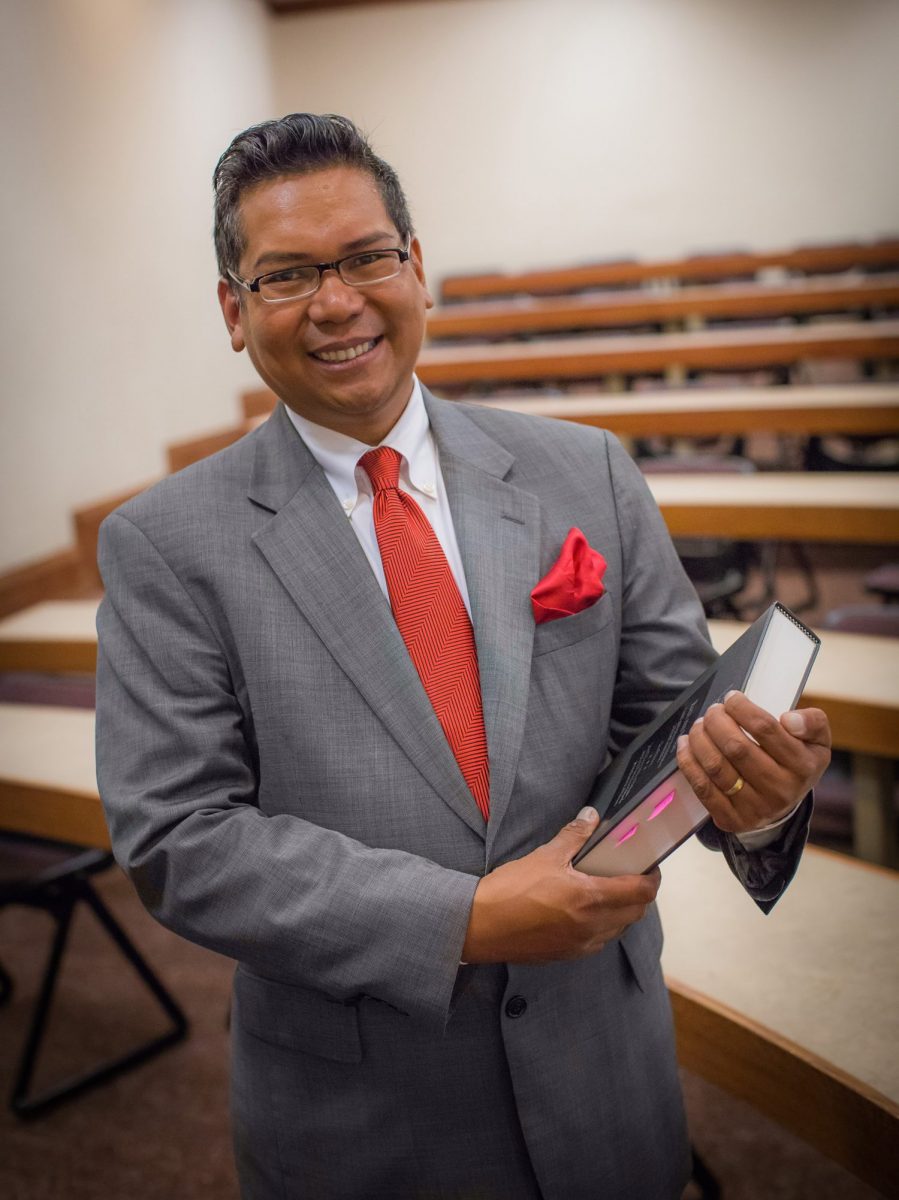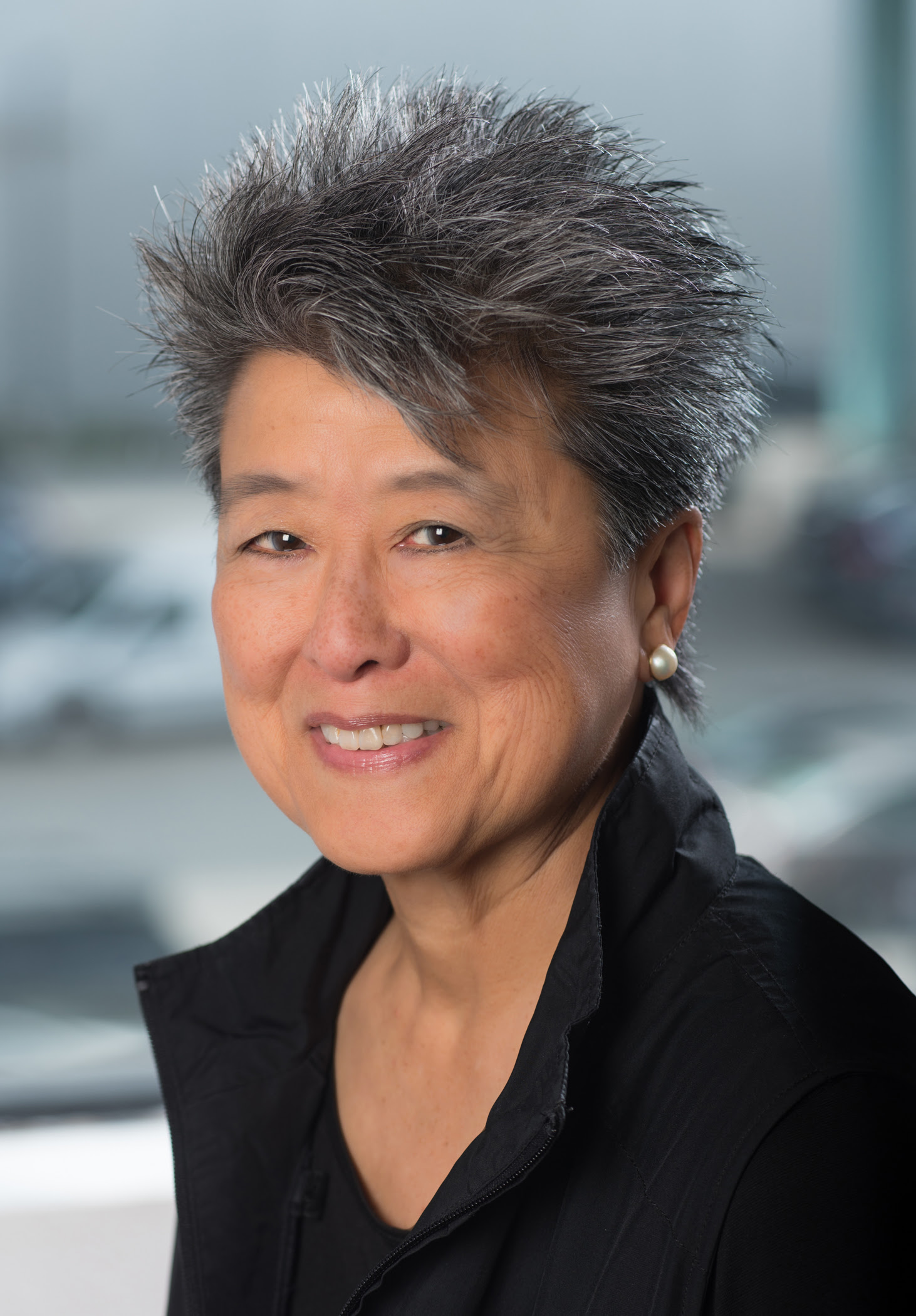For Immediate Release: December 30, 2020
Contact: Priya Purandare, Executive Director
WASHINGTON — The National Asian Pacific American Bar Association (NAPABA) congratulates Josh Hsu on his appointment as Counsel to the Vice President. Hsu is the first Asian American Pacific Islander (AAPI) to serve in the lead legal role for the Vice President of the United States.
“Josh Hsu has been a rising star and major contributor within the NAPABA community for many years. In 2015, he was recognized as one of NAPABA’s Best Lawyers Under 40. We are delighted that the Biden-Harris administration has appointed him to a senior leadership position as Counsel to the Vice President,” said A.B. Cruz III, president of NAPABA. “Vice President-elect Harris had one of the most diverse staffs in the Senate and her recent executive office appointments demonstrate her continued commitment to creating a government that better reflects the American citizenry. We celebrate Josh in his new role and trust that the Biden-Harris administration will continue to recognize the value of AAPI attorneys by rightfully placing them in leadership roles.”
Prior to his appointment, Hsu served as National Policy Director for Vice President-elect Harris’ presidential campaign and was formerly Deputy Chief of Staff and General Counsel for her Senate office. He has served as Chief Counsel for Nominations in the U.S. Senate Judiciary Committee under Ranking Member Patrick Leahy and as an attorney in the national legal department at the American Civil Liberties Union. Hsu clerked for the Honorable Denny Chin on the U.S. District Court for the Southern District of New York and graduated from Georgetown University Law Center and Georgetown University.
NAPABA advocated for a senior level appointment for Josh Hsu. We thank President-elect Biden and Vice President-elect Harris for appointing him to the position.
###
The National Asian Pacific American Bar Association (NAPABA) represents the interests of approximately 50,000 legal professionals and nearly 90 national, state, and local Asian Pacific American bar associations. NAPABA is a leader in addressing civil rights issues confronting Asian Pacific American communities. Through its national network, NAPABA provides a strong voice for increased diversity in government and the judiciary on the local, state, and federal levels, advocates for equal opportunity in the workplace, works to eliminate hate crimes and anti-immigrant sentiment, and promotes the professional development of people of color in the legal profession.



